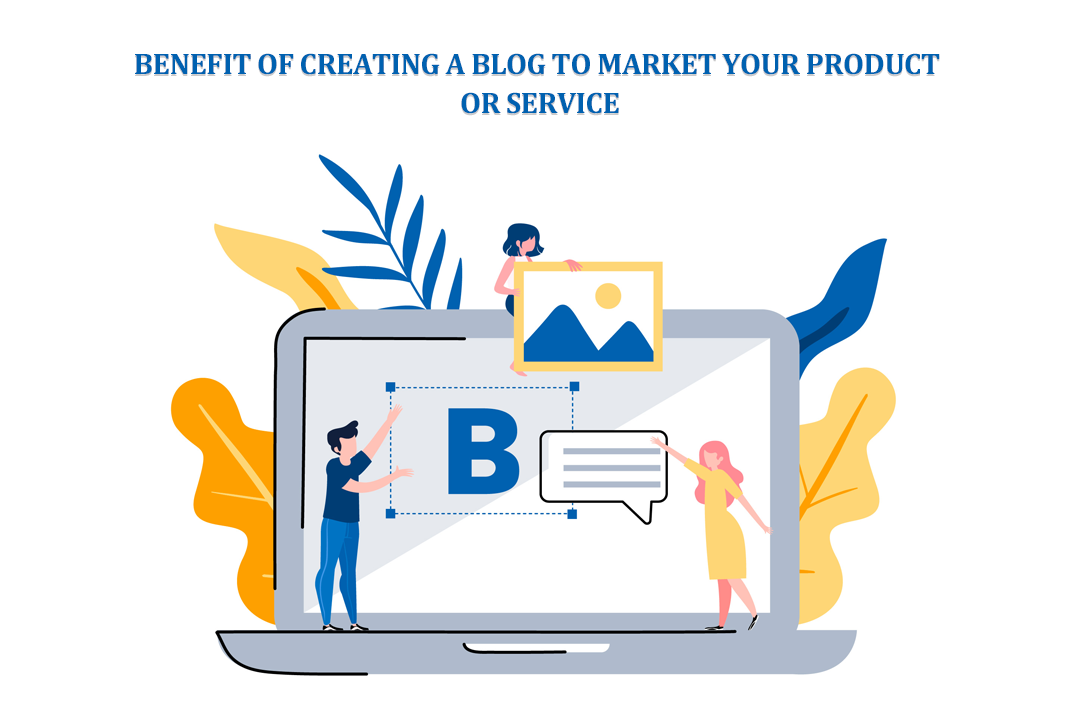
Top Benefits of cloud-based payroll software
What is cloud payroll software?
A payroll management system that you have access to manage and monitor everything that happens to your payroll, from hiring employees to ensuring compliance with exit processes on the cloud, a remote system that requires just a computer that is connected to the Internet.
A cloud-based payroll system can be an incredible benefit for companies who operate remotely, such as employees in the payroll division. It lets employees work from anywhere and access the same information they can access from their workplace. All the while, making sure that payroll transactions are secure and data management by implementing finely-tuned security procedures, which prevent the risk of data breaches or unauthorized access.
Cloud-based software is not a new trend. However, companies are adopting solutions that can be downloaded from the Internet and hosted at secure data centers, offering an essential technological cutting-edge, flexibility, and effectiveness.
HR and payroll solutions are the same. HR professionals embrace cloud-based payroll software systems because they know that processing payroll is fluid, with ever-changing legislation laws and increasing compliance requirements. There is also a growing awareness of the importance of data security and the realization that efficient pay rolling needs real-time and up-to-date employee data and sensitive personally identifiable data such as DOBs and bank account numbers.
Payroll management for your business isn’t an administrative headache. The larger the company, the more demanding the task. Payroll managers in multinational companies must pay to a range of aspects, including local laws and requirements for regulatory compliance, and be accessible to employees in different time zones.
If you’re wasting most of your time dealing with administrative tasks and are not doing enough on essential business tasks, it’s time to transition your business into the cloud.
What is the best software for payroll to select?
Below are five indicators that can give you an idea of the appropriateness of a solution to your requirements:
1. Hire a payroll specialist
There are many payroll companies in India, ranging from the smallest CA firms to new companies with mobile-friendly applications. It is essential to ask some questions when we’re looking for the perfect vendor:
- How many years have they been preparing payroll?
- What do they have to say about their experience in the marketplace for reliable, error-free delivery (or with their customers)?
- Have they acquired an impressive level of knowledge over the years, which is a good indicator of the high quality of their work?
Cloud-based systems are information storage retrieval, delivery, and storage model. You still require the service provider to understand all about compliance and taxes. Be aware that they are constantly evolving!
2. Find out about business continuity and resilience readiness.
Recent events have demonstrated the necessity of planning for unexpected circumstances (natural catastrophes, terrorist attacks, or industrial accidents, as well as severe weather conditions, to mention some). With the growing incidence of these incidents, it’s essential to consider what you can do to ensure the continuous operation of your business by the payroll provider. Payroll is a crucial job; does the solution provider have the capacity and contingency plans in place to prevent disruptions to your business operations? Does the solution provider have the ability to continue to provide services during a time of crisis without impacting the workflow of your company? (i.e., what is there the disaster response?) Check uptime, amounts of time they are down, as well as in the case of an emergency, what’s RPO or RTO? What is their DR location, and how long is required to get it on the Internet? These are only some crucial questions that can provide you with a clear idea of how the service could react in a worst-case scenario.
3.Request seamless integration
In the last quarter of 2016, more than 50 percent of Global 1000 companies stored customer-sensitive information in the cloud following Gartner. However, despite the rapid adoption of cloud-based services, it’s not unusual to observe that their payroll software system (whether on premise or outsourced) isn’t seamlessly connected to finance and HR systems in many companies.
Suppose most of an organization’s information (sensitive and not) is transferred to cloud storage. In that case, it is essential to think about the mechanism for data flow between the various enterprise software. For example, payroll data typically include two information points: a more extensive HR system that manages employees’ lives and financial ERP systems that control finance and accounting books. Therefore, it is essential to be aware of vendors’ protocols for data flow and their compatibility with your existing systems to ensure the secure transfer of data and its processing via the cloud.
Imagine a scenario in which your employees’ data, including the payroll information and other personal details, could be accidentally transmitted via email to an outside recipient. It can happen if your company’s systems are not compatible with each other. Also, it would be best if you took the time to consider how cloud-based platforms will work with your current systems.
4.Check their security of data.
Cloud-based platforms currently offer similar options in terms of service. However, if you are searching for a cloud-based platform for your business, make sure that you understand everything you can about the security of your data. The platform should be equipped with an effective security system for preventing intrusions. Ensure they have a patches management system, ID management and vulnerability tests, and audit rights. Three or more layers of security for data is a positive indicator. It is imperative to ask questions about the safety of access control and audit logs, the intrusion detection and prevention systems, risk mitigation for breaches, etc.
5.Ensure scalability
Can the service provider be capable of upgrading technological features without disrupting service? For example, if your business grows and expands, the service might develop, but think about whether they continually update their technological advances to their payroll software. It is not a good idea to rely on a service that uses the latest technology and then discover two years later that they’ve failed to keep up with the advancements in the modern cloud-based industry of payroll! An effective way to be sure that both of you are at the same level is to communicate your technology roadmap. In addition, make sure to determine if the vendor supports services in multiple countries. You can also ask them to outline how they can handle compliance and ensure continuity of the employee experience as you grow your business.
Take a look at the record.
A payroll service that has a proven track record will assure you of high-quality and quality of service. A few indicators of stability are connected with the business’s financial performance. Companies constantly look for outside investments, and funding plans may not be optimal for potential candidates.
This digital age is an enigma with two sides. First, although technology and social media have made employees more informed, connected, and vocal, organizations have less room for errors. With a well-planned strategy and the appropriate cloud-based payroll system, both your employees and your company can begin to concentrate on your business rather than worrying about the payroll.



